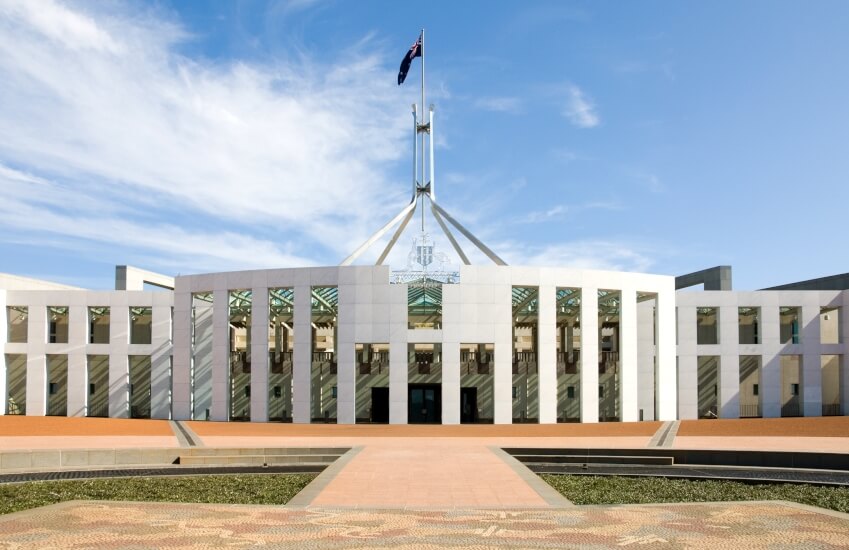The extension of the TPRS to the road freight, security, and information technology industries follows legislation to extend it to the courier and cleaning industries after TPRS was first applied to the building and construction industry in 2012.
The exposure draft legislation for the second measure removes tax deductibility for certain payments – including payment of wages and payments to contractors – if the entity making the payment fails to comply with its obligations to withhold and report information to the Commissioner of Taxation.
You’re out of free articles for this month
Speaking to Accountants Daily, RSM partner Rami Brass said the further extension of TPRS would place a significant burden on small businesses that might not have the right systems in place.
“Unfortunately, under the TPRS the Government has placed the burden of undertaking these compliance measures with businesses who are doing the right thing,” said Mr Brass.
“Failure to provide the report in the correct format means that the business making the payments will be subject to administrative penalties.
“The other problem with the proposed legislation is that it only captures business to business payment and not payments by private individuals to service providers. These un-reported payments probably make up a substantial proportion of the black economy which are not captured by these new measures.”
CA ANZ head of policy Michael Croker said that while the measures were broadly supported, accountants need to ensure there is early client engagement to get their clients’ systems up to speed.
“Road freight is perhaps the biggest industry impacted: large logistics companies have established systems which will cope much better than the many small-scale owner drivers who will be impacted,” said Mr Croker.
“Good accounting and tax systems are key to TPRS – in terms of the systems used by both payers and payees. Current systems generate TPRS reports, and now these newly targeted businesses will have until 1 July 2019 to get ready. Once the ATO has the data, then the data-matching process begins in earnest.”
Further, the Institute of Public Accountants general manager of technical policy Tony Greco believes that if the extension is proven to be successful, the government will seek to extend it across the board, driving up compliance work for accountants.
“Ultimately if a sector shows bad behaviour, they will just extend it more and more and we'll get to a point where possibly it might be mandatory reporting across all sectors if it proves to be highly effective,” said Mr Greco.
“That information has to be prepared by someone on a quarterly and annual basis, so there is a compliance obligation.
“It is not going to be too hard if you're on a digital platform but it will be difficult if you're not. That's probably what['s] holding the government back is that they understand that they can't make it mandatory across the board until everyone is on a digital platform.”
Stakeholders are invited to comment on the exposure draft legislation and explanatory materials available for the expansion of the taxable payment reporting system (TPRS) and the removal of tax deductibility for certain payments by 17 August 2018.
This email address is being protected from spambots. You need JavaScript enabled to view it.
Jotham Lian
AUTHOR
Jotham Lian is the editor of Accountants Daily, the leading source of breaking news, analysis and insight for Australian accounting professionals.
Before joining the team in 2017, Jotham wrote for a range of national mastheads including the Sydney Morning Herald, and Channel NewsAsia.
You can email Jotham at: This email address is being protected from spambots. You need JavaScript enabled to view it.

 Login
Login







